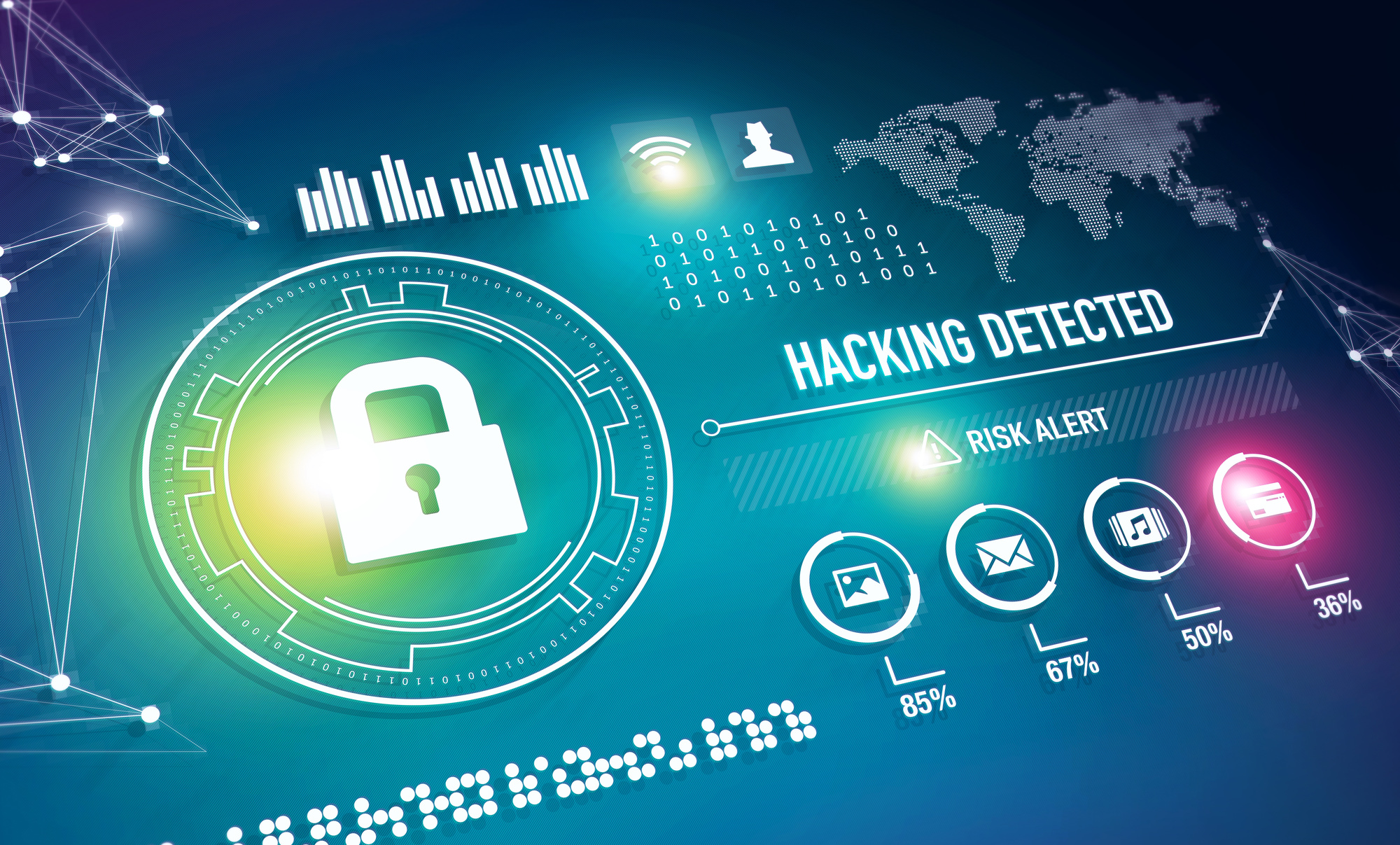Cyber security firm McAfee noted that cybercrime incidents could cost the world around $1 trillion in 2020. 2020 showed that attacks are getting more sophisticated as threat actors are increasing in numbers.
Considering these stats, why should you care about cybersecurity?
Well, you should care because it could literally put your business at risk and expose your personal data to online thieves.
It also means you’ll suffer a serious financial loss as a result of hacking. To avoid this happening, you could turn to IT security services and hire professionals. However, you can even combat this yourself.
Here, we’re going to share some cybersecurity tips to help you out. Keep reading to learn more about some best practices to boost your business’s protection and keep hackers at bay.
Contents
1. Cybersecurity Tips: Keep Your Software Updated
As a small business owner, you are responsible for the safety and security of your company’s data. Outdated software is one of the biggest security risks for businesses. By keeping your software up-to-date, you can patch security vulnerabilities and make it more difficult for hackers to gain access to your data.
As a small business owner, you need to know more about cyber security strategies available to you. By implementing these strategies, you can help protect your business from online threats.
2. Use Strong Passwords
Avoid using easily guessed words or phrases, and make sure to use a mix of letters, numbers, and special characters. Don’t use the same password for multiple accounts. If a cybercriminal gains access to one of your accounts, they will then have access to all of them if you use the same password.
Enable two-factor authentication whenever possible. This adds an extra layer of security to your accounts and makes it much more difficult for cybercriminals to gain access.
3. Corporate a Multi-Protected VPN
VPNs (Virtual Private Networks) are a necessary tool to ensure secure access to a private network from remote locations. By adding an additional layer of security in the form of multi-factor authentication (MFA), VPN users not only remain confident that their network is safe from outside intruders, but corporate VPNs can also shield data from internal threats as well.
This added layer of protection is especially important for businesses operating in areas with complex global security regulations, keeping networks secure against potential breaches and preventing any data loss. If your business is a Fortinet VPN Client, then Fortinet MFA should be a must for your business aiming to keep its network secure and functioning efficiently.
A VPN combined with multi-factor authentication continues to be an integral part of any corporate security strategy aimed toward safety, compliance, and reliability.
4. Educate Your Employees
Educate your employees on cybersecurity best practices and make sure they understand the importance of keeping your systems and data safe. Teach them about the different types of cyberattacks and how to recognize them. Help them understand the importance of strong passwords and how to create them.
Show them how to browse the internet safely and avoid phishing scams. You should also talk to your employees about how VPN software works and why they should use one. Additionally, ensure they understand the importance of keeping their computer operating systems and software up-to-date.
5. Backup Your Data
This will ensure that you have a copy of your data in the event that your systems are breached. There are a few different ways that you can back up your data. You can use online servers, you can back up to an external hard drive, or you can use a cloud storage service.
Whichever method you choose, it is important to make sure that your data is regularly backed up.
6. Be Wary Of Phishing Scams
Phishing is a type of cyber attack where criminals send emails or text messages that appear to be from a legitimate source, in an attempt to trick the recipient into giving them personal or financial information. If you receive any suspicious emails or text messages, do not respond to them, and do not click on any links or attachments. Instead, report the message to your IT team or your Cyber Security provider.
Have A Plan In Place
Small business owners should have a plan in place in case of a cyber attack. They should educate themselves on the different types of attacks and how to prevent them. By having a plan in place, small business owners can help protect their business and their customers.
Found this article helpful? Check out the rest of our website for more Cybersecurity Tips!



